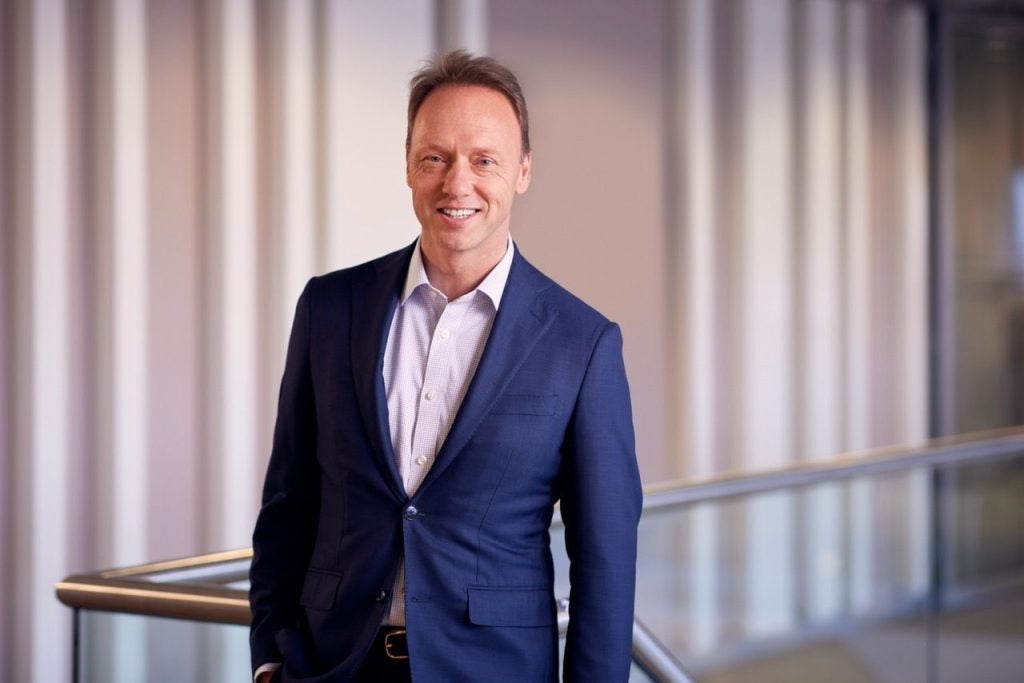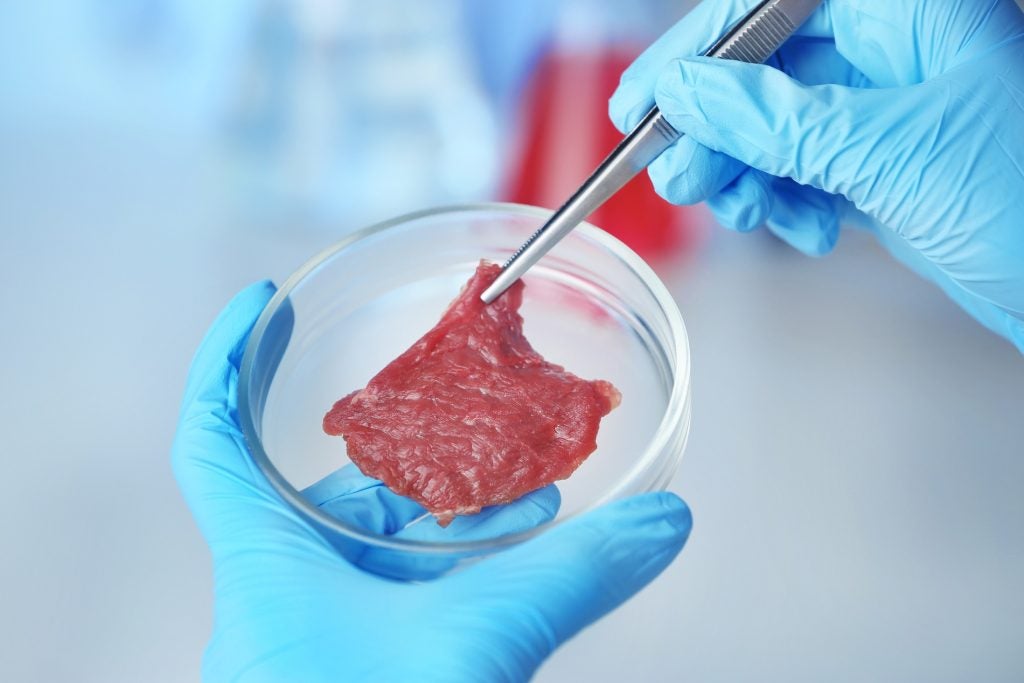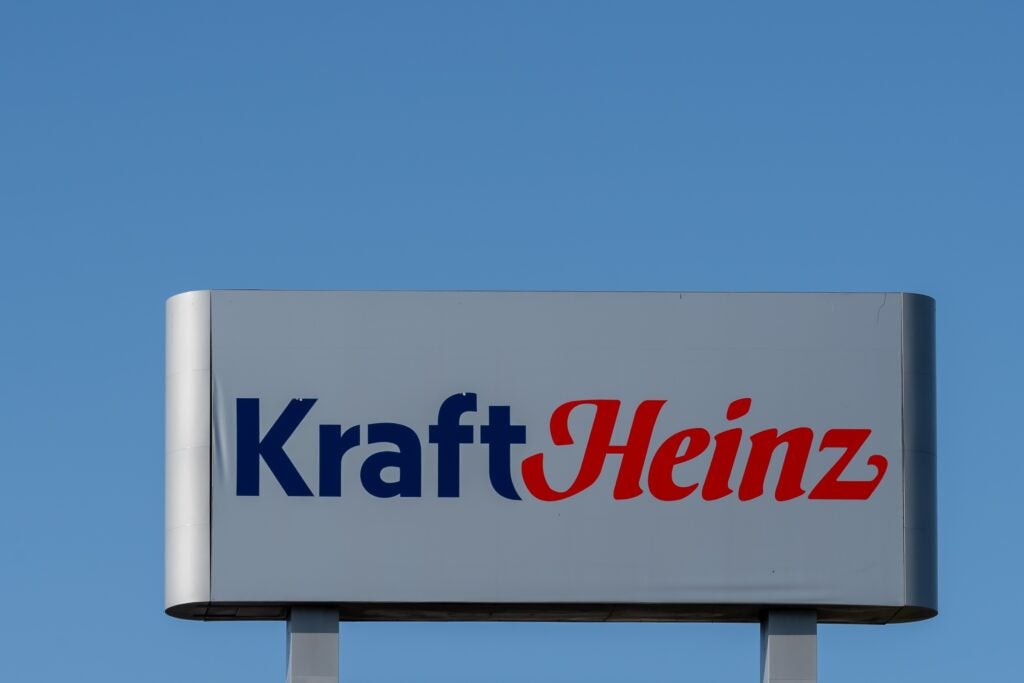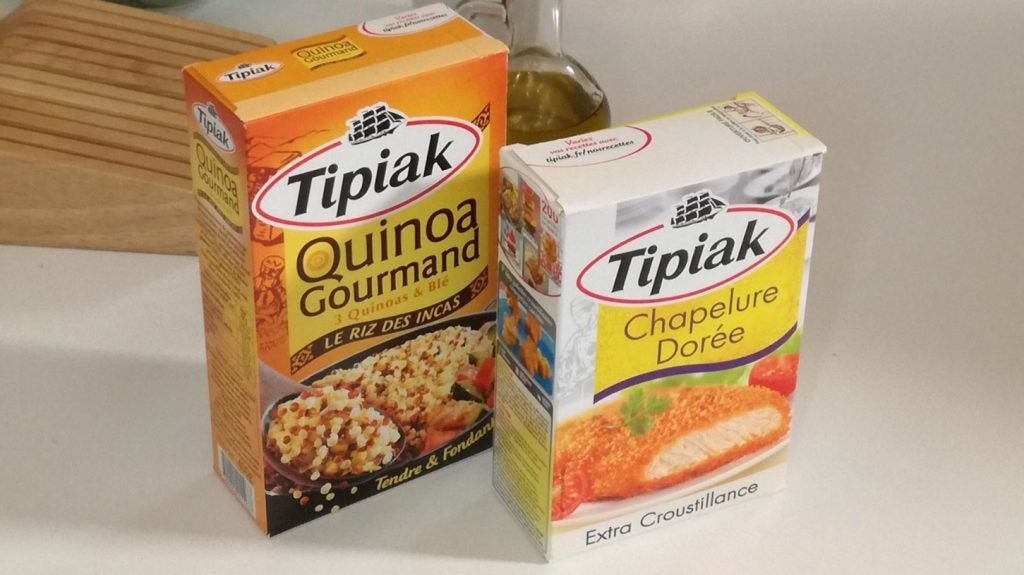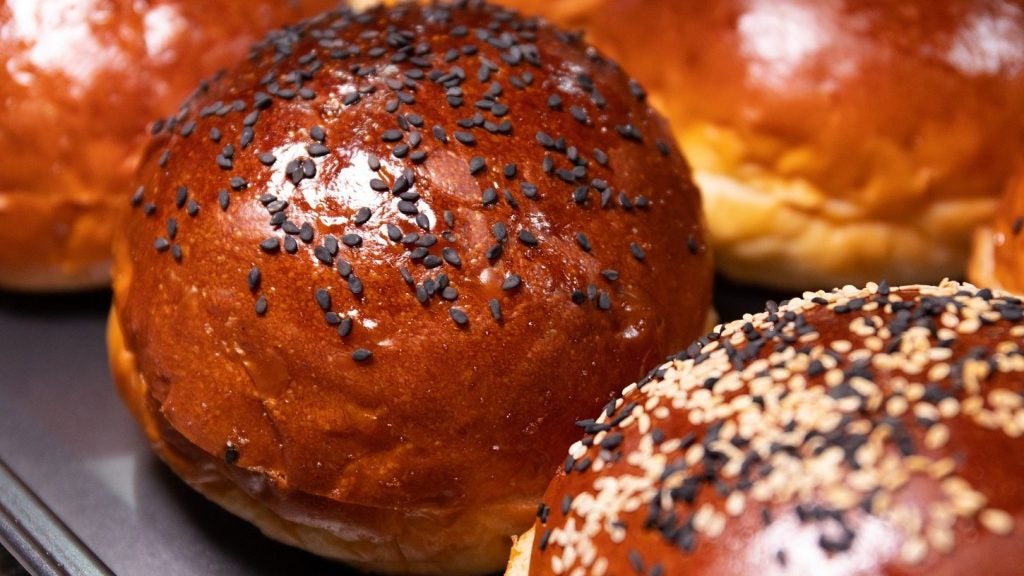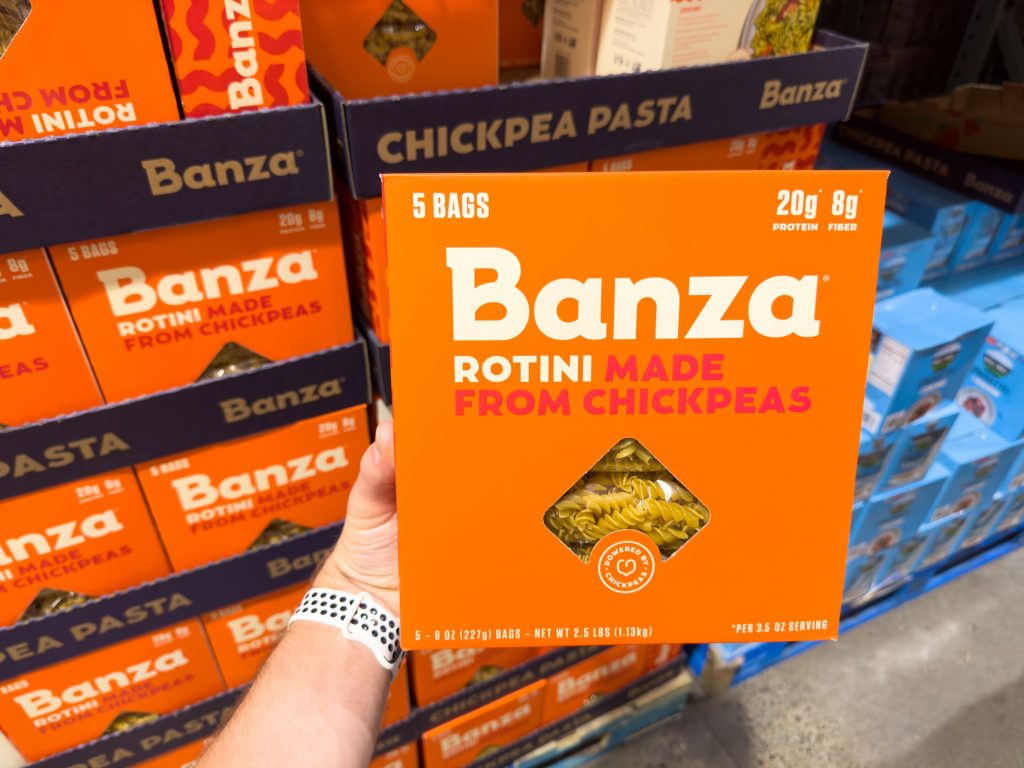Unilever’s board has frozen CEO Hein Schumacher’s annual salary of almost €2m ($2.1m) for two years following talks with its largest shareholders.
The former boss of dairy giant FrieslandCampina was named as Unilever’s new chief in January, taking up the CEO role from 1 July. Upon his appointment, the Marmite maker said Schumacher would receive annual fixed pay of €1.85m and would be eligible for a performance-related bonus and performance share plan awards.
Unilever said in January the incentive package was in accordance with the company’s “existing remuneration policy”, adding Schumacher’s “salary puts him at the median of our benchmark companies”.
In a statement issued late yesterday (30 October), Unilever said its Compensation Committee would next review the CEO’s fixed pay in 2026.
“This approach of restricting any increases over the first years of appointment is intended to reflect and align with shareholder views in the engagement process that market alignment should be achieved in two-three years following appointment,” the Magnum’s ice-cream brand owner explained.
Fernando Fernandez, the president of Unilever’s beauty and wellness division, was named as finance chief last week to replace outgoing CFO Graeme Pitkethly, who will step down on 31 December but stay on for a transition period until 31 May.
Fernandez’s fixed annual salary was revealed as €1.18m and he will also be eligible for a yearly bonus and share plan awards.
Unilever said yesterday a review of Schumacher’s pay package was launched following its annual general meeting in May, when a vote on the directors’ remuneration report (DRR) only garnered a 42% positive outcome.
The company then entered an “extensive engagement exercise with shareholders” to discuss the result, contacting 28 of Unilever’s largest investors representing 40% of the shareholders on its register.
Unilever said: “The feedback received from this process informed us that the primary reason for the limited support for the DRR was the approach taken to setting the incoming CEO's remuneration on appointment.
“Specifically, whilst the majority of shareholders agreed that the fixed pay level for the new CEO appropriately reflected the size and complexity of the role, there was a preference that alignment with the market could have been achieved gradually, rather than in one step on appointment.”
Yesterday’s statement added: “The perspectives of our major shareholders are a critical input into the committee’s deliberations, and we continue to be committed to ongoing and open dialogue, including as we consider our 2024 remuneration policy.”
Schumacher last week announced an “action plan” to address Unilever’s financial performance, alongside its third-quarter and nine-month results, which included a decline in volumes for food – the company’s nutrition and ice cream business divisions.
While volumes in the FMCG giant’s three other divisions – personal and home care, and beauty and wellbeing – rose, Unilever disclosed the disposal of a majority share in men’s grooming business Dollar Shave Club, acquired by Schumacher’s predecessor Alan Jope in 2016.
The new CEO also later batted away suggestions Unilever’s food operations might be spun off into an entirely separate entity.
Schumacher also stressed there would be “no major transformational acquisitions”.
He explained during a discussion with analysts: “We see the biggest value- creation opportunity in operating our current businesses very well.
“Things can always change at some point in time but I believe that the current value-creation opportunity that is on the table is really to improve our business that we have, while we continue to optimise the portfolio like we’ve done in the last two to three years.”


